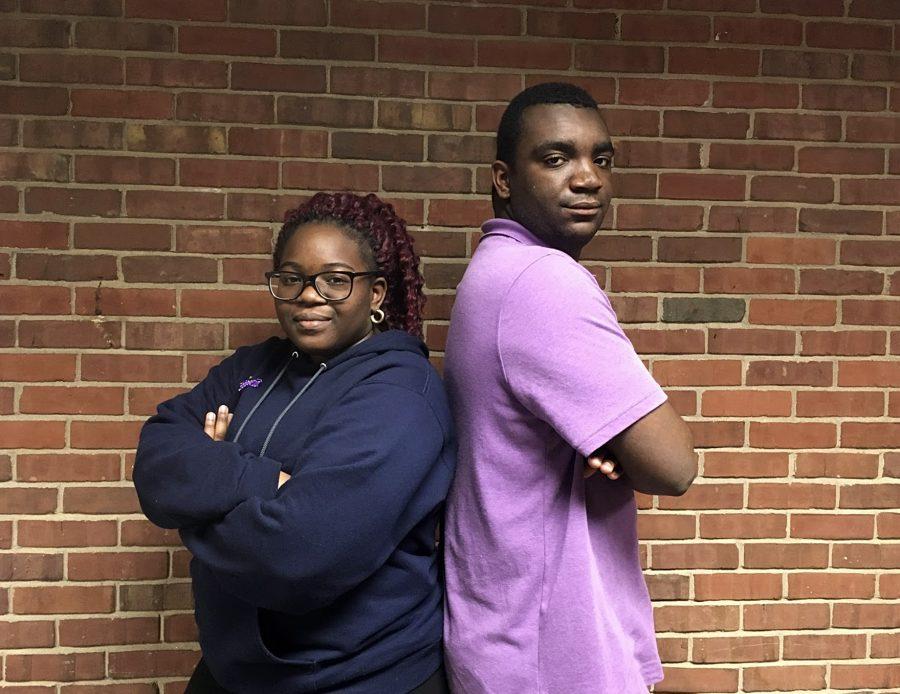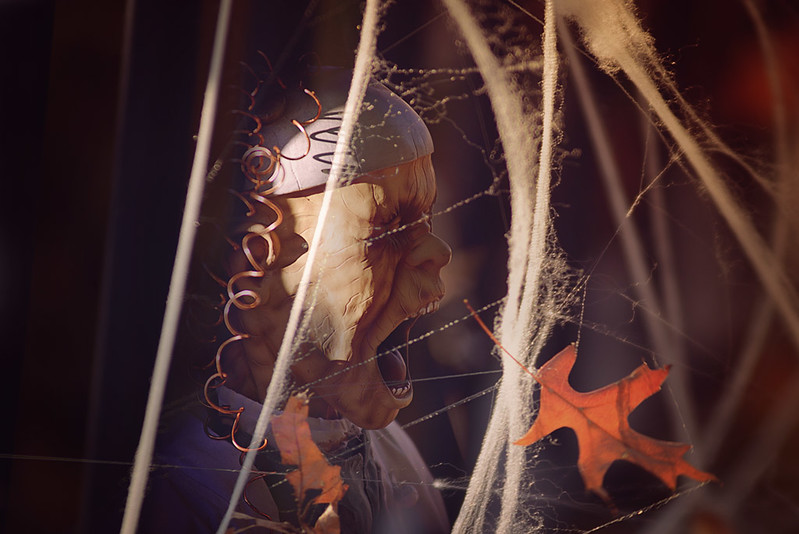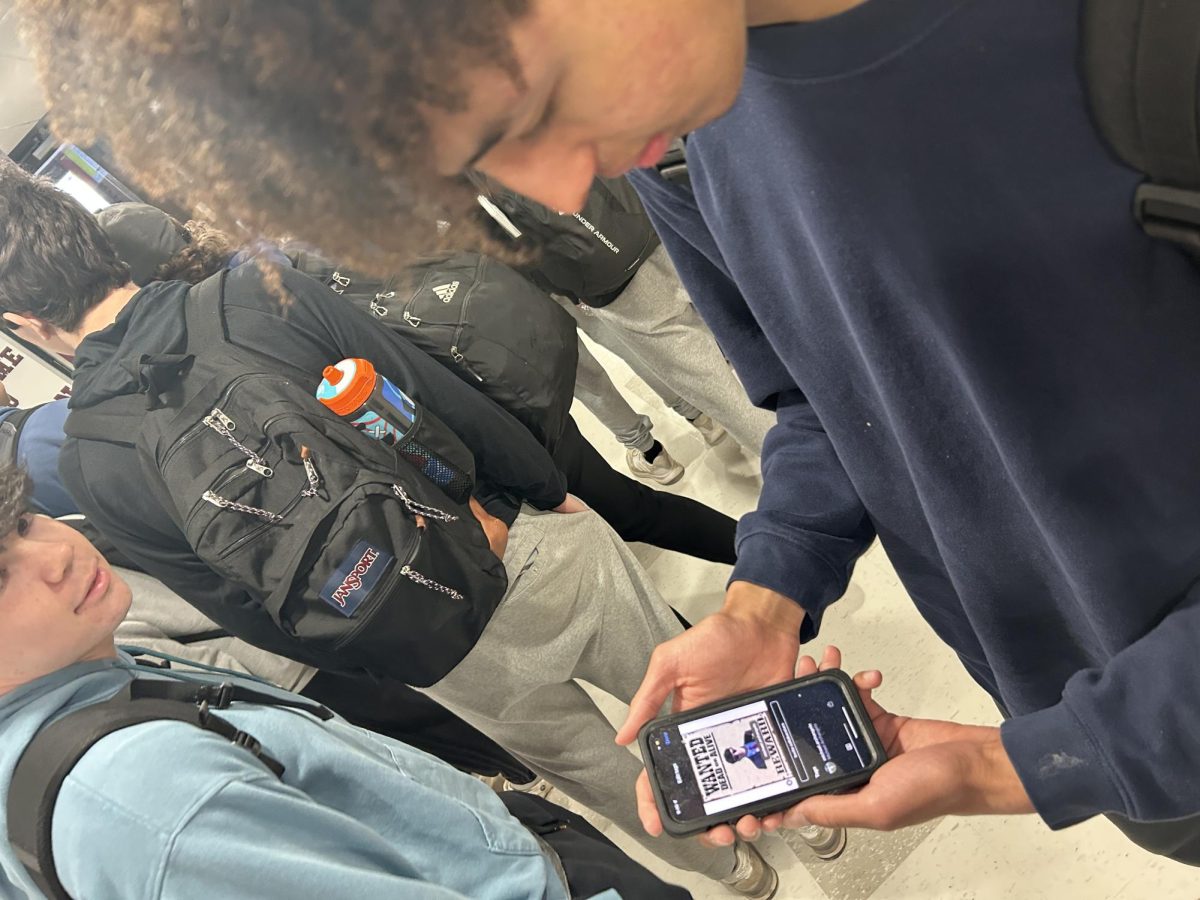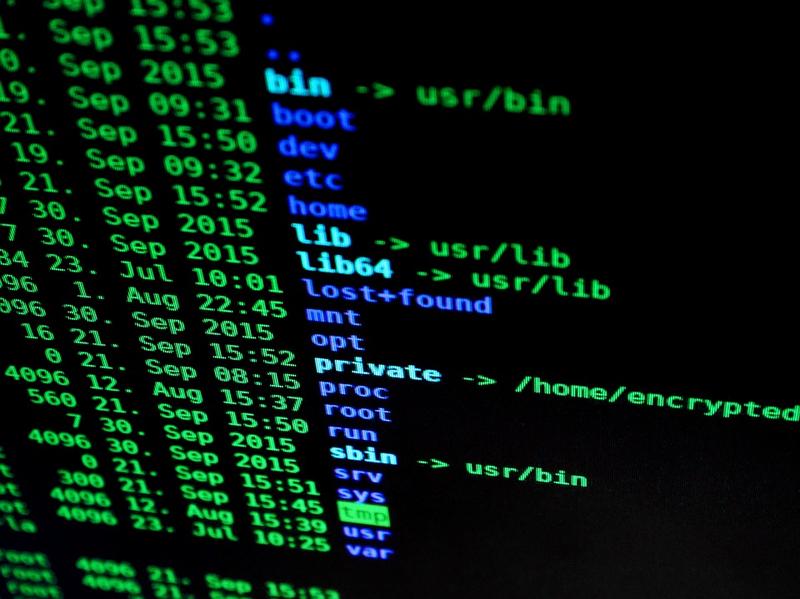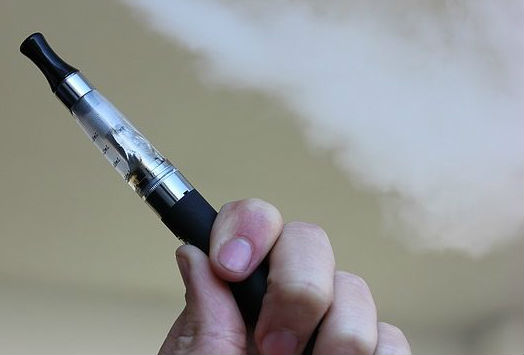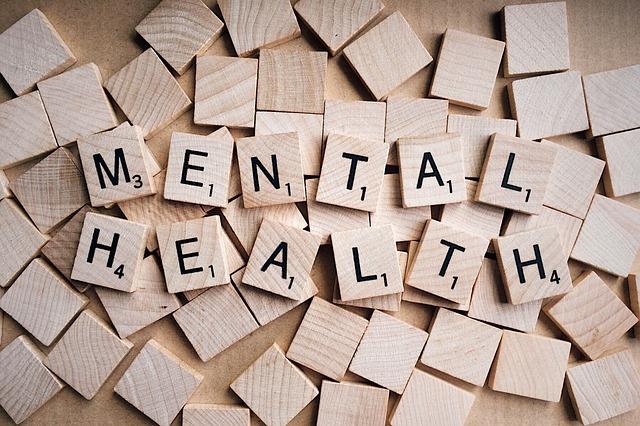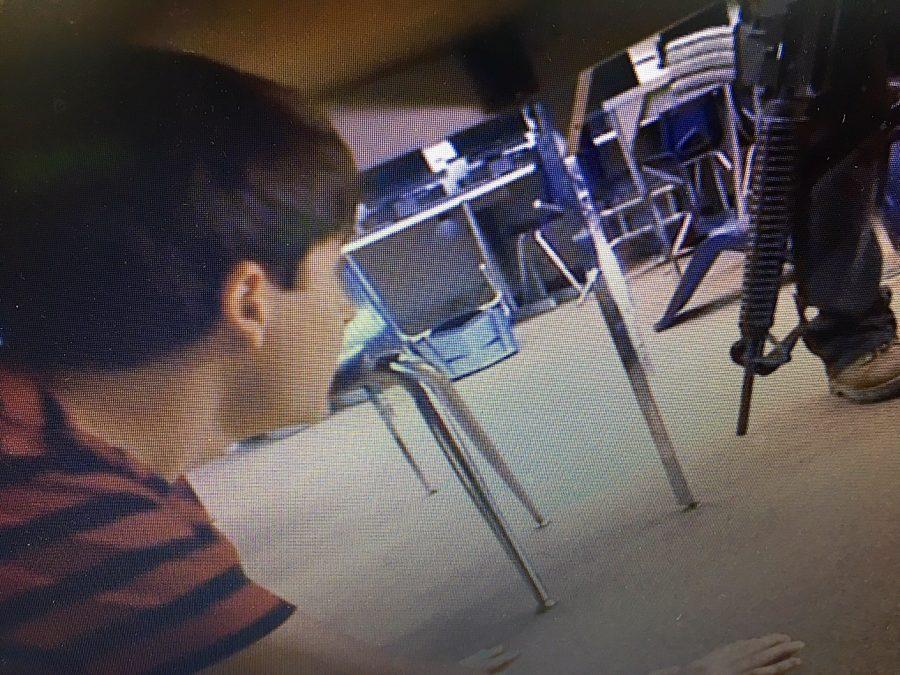People in the United States of America have been standing for the National Anthem since May 15, 1862, when people rose for the anthem to open a baseball game in Brooklyn, New York. In 1892, the Pledge of Allegiance as it is used today (with the exception of “under God,” which was added in 1954) was written by Francis Bellamy, and children across the country began reciting the pledge while facing an American flag. By World War II, “pledging allegiance to the flag became a fixture of public education in America,” and currently, 46 states require the inclusion of the pledge within the public school day. During the WWII and Cold War eras, most Americans would stand and honor this American patriotic vow without refusal. However, as views about “liberty and justice for all” have changed for racial minorities, teenagers, or even the famous, many individuals question the practice of standing for the pledge or the National Anthem. Many students, athletes, and private citizens have been criticized and condemned for either taking a knee during the anthem or sitting during the pledge.
Recently, Shian Earlington (class of 2019) sat down with Lauraine Nicholls (class of 2020) and Evan Mingo (class of 2018) to discuss this issue.
Shian Earlington: Currently, in our nation, there are students in school’s who do not stand for the pledge of allegiance? What are your thoughts?
Lauraine Nicholls: I believe that people have their own right and own opinions. I feel that it is disrespectful to the veterans and all the people that serve our country. I understand that people have their own personal reasons to why they don’t stand for the pledge of allegiance, but I feel like they are forgetting the main reasons why we stand.
Evan Mingo: To that point, as one of the people that finds exception with how African American people are treated in this country, I feel as thought you don’t stand for something that you do not believe is true. To that affect, the “Under God With Liberty and Justice For All”, I personally don’t believe that liberty and justice for all is entirely true phenomenon in this nation yet for multiple groups of people. As such, I am not going to stand for something that dictates something that is not true. In addition to that, in terms of the veterans- they fought for our right to be able to express ourselves freely. And in this fact that being associated with something is not the same as disliking the root or the value of it. For example, I can dislike your clothing but I can still like you as a person.
Do you agree with the content said in the pledge of allegiance? What are your thoughts?
Lauraine: I agree with the content said in the pledge of allegiance because i feel that it brings unity amongst the people. So, the pledge of allegiance expresses what the people have life liberty and justice. I don’t know how to word it exactly, but to a certain extent you [a human being currently residing in the United States] have those things”.
Evan: As I said before, I do not agree with the content. I do not believe that people are treated on equal playing fields as such don’t get equal justice or liberties in that essence. But, my bigger problem is with the term “Under God.” I am a Christian and I very much believe in God. However, I don’t feel as though it is correct to establish a precedent in which Judeo-Christian values are exerted over people who may and may not share those opinions.
Do you agree with the notion ‘respect the flag’? What are your thoughts? Why?
Lauraine: If there is no other meaning than ‘respect the flag’ then I agree with it. The flag represents everything the nation stands for, our history and where we are today [as a nation].
Evan: Like I said, you can respect an institution but still respect it enough to criticize it. If we have blind allegiance to our government and the people that represent us in the international stage then we cannot progress as a community. As such, I am respecting the fact that perhaps what other people would see as disrespecting the flag is my way of trying to improve our country.
Do you think certain ethnic groups have reasons to not stand for the pledge of allegiance?
Lauraine: I wouldn’t say that I think certain ethnic groups don’t have a reason to. I understand that some people are treated differently than others. I look more at what the nation stands for, all the possibilities, and all the things that other nations do not have [in comparison to the United States of America]. I understand that some people don’t have a good life and they are treated unfairly, but I think that [standing for the pledge or not] should be shown in a different way.
Evan: To that point, I think that it is interesting how there are people who say we [people of color/ethnic groups] should do it [not stand for the pledge] in a different way. First, to answer the question, absolutely I feel that most ethnic groups, (minority, non white) in America do have a legitimate cause for not standing for the flag. Just merely for the fact that, the Japanese were interned, the Irish were attacked, African Americans were subject to 300 years of slavery, and not to mention the general discrimination of Latino Americans in southwest America and Asian Americans in California. There’s a precedent in out country that people who are not white are treated differently for the sole reason because they are not white. Now, to that point, to suggest what we do with it like make amends or point out these institutions is to say that we can’t point them out at all. When historically, people have tried marching peacefully, they got gassed. When people tried violently, then they arrested us [African Americans] too. So there just seems like there is no way except popular media and big stunts like these that gain attention to it.
There’s a controversy of athletes not standing for the National Anthem during games, what are your thoughts?
Lauraine: I think that the athletes should do it out, as opposed to doing it when they are being paid for a job. That’s their boss, them getting their paycheck and people who want to watch a game without thinking about politics. I understand that people want to protest things, but it should be out of the workforce.
Evan: Racism just doesn’t stop when you’re in the workforce. Racism just doesn’t stop when you are saying the pledge of allegiance, in a football game, or otherwise. Everything does not just become peachy keen when America is involved. In fact, it’s highly divisive in that sense. To say that other people are making it political when it is not political leads to this scenario. For example, when you’re sitting on the couch at the Super Bowl an they do the national anthem, very few people are going to stand up for the national anthem and put their hand over their heart. It’s certain instances where is it appropriate and not appropriate. However, I do agree that if there is a certain prerogative in which you are paid to represent someone, you must heed by their wishes. If their wish is for you to stand up for the flag then you must do so.
Do you think students who live in urban areas such as Hartford stand for the pledge of allegiance? Should they or should they not?
Lauraine: I don’t necessarily have an answer to that because I don’t know what they are going through or what happens in their life, so I can’t really make a decision on that.
Evan: I don’t really have an opinion either way. I just really think that people should be allowed to do what they want to either stand or not stand, say it or not say it, or some combination of the above without scrutiny.
What does being an American mean to you?
Lauraine: Being an American to me means that I have so many opportunities to do what I want and live the way I want without worrying about people or others. Being an American to me means freedom. My parents are immigrants and they came from Trinidad and Tobago. They moved here because they wanted a better life for my sister and I. Here, they have so many opportunities. Living in Trinidad, they always had to look over their shoulder. They are more safe here, there’s more safety like law enforcement. There’s more people looking out. You don’t have to worry about them being corrupt. It’s better.
Evan: Basically, being an American means to me is being all parts of me and undeniably me. So the fact that, I can be who I want; I can be a black intellectual and I can be a geeky person. I can love who I want and love how I want seen by the level in some ways freedoms that we have. Also the fact that, where we don’t have freedoms, we have an ability to champion ourselves for them. We have chances to improve our institutions and push our government to do the right things and I appreciate that having talking Comparative Government.
Do think it is inherently racist when people expect you to act a certain way because of your race?
Lauraine: I do think that it’s inherently racist. Especially for me, I have experienced some of that. When it comes to my political affiliation, me standing for the pledge of allegiance, and the national anthem people make assumptions because of the color of my skin. I don’t understand why and I just don’t like it.
Evan: Absolutely. The definition of racism is to treat or expect something different of someone purely by the color of their skin. So, it is indeed racist because it is the definition of racism. It also can be damaging within a community of racially afflicted people. For example, some people don’t think I am Black because I don’t speak or act a certain way, I’m a geek, or that I am not an athlete. Within my own African American community that is damaging. The fact that racism and internal hatred has permeated through our culture is toxic for everyone it doesn’t just hurt those that are afflicted. It hurts everyone.
Should we have students stand for the pledge of allegiance? Does standing for something correlate to having respect for it?
Lauraine: I think that this is a tough question because I am a firm believer of the First Amendment. The way how I view the pledge of allegiance, I know that not everyone will view it the same way I do. I think that students should, if they are informed about why there is a pledge of allegiance and what it means to America.
When it comes to the pledge of allegiance, standing for it does show respect for it. Normally, they wouldn’t just have the pledge of allegiance and have people sit down and listen to it. Standing up shows that you are respecting it. Also, soldiers in the military who have served too have to stand up. They have to have their hands over their heart and take off their headdress. They have to show the respect they have for the American flag. I think that it also applies to civilians.
Evan: I see both sides of this in one essence. First Amendment rights are not absolute in high schools or schools. Either if it’s a private or public school, you’re under the prerogative that we educate you and you abide by our rules and our rules are usually more stringent than those placed governmentally. So, the First Amendment thing is out the window. It’s really up to the school and I think they have to gage the political temperment of the school to see what’s right.
However, from a personal standpoint if you want to stand great. I respect you 100 percent, but don’t stop me from not standing if I don’t. It also doesn’t mean I necessarily disrespect the flag. Let’s just put it in a different context. Someone just finished a speech, you keep a standing ovation for something you have very strong feelings towards. So, if you have a very strong feeling toward the flag the you can stand for it. However, some people can sit and clap. Most people sit and clap. Which doesn’t mean that they dislike the person, buy maybe they didn’t feel as strong to it like other people. I think that apathy and level of involvement also have to be considered”.
If the pledge of allegiance went on in the morning and you were the only student that sat or stood up, how would you feel?
Lauraine: I wouldn’t care. I would be the only one standing because I know what I feel that I am doing is right. If anyone opposes with what I am doing, I really don’t came because it’s all about what I believe.
Evan: I feel the exact same way. My parents used to tell me: W.A.Y which means worry about yourself and that’s exactly what I got to do. I have been in classes that I’m the only one that’s sitting down and I chose to not let it bother me. They have their strong feelings about some things and I have my strong feelings about other things. We can agree to disagree. Ultimately we both love America, but we see it in different lights.
Categories:
To Stand or Not to Stand
March 17, 2018
0
More to Discover
